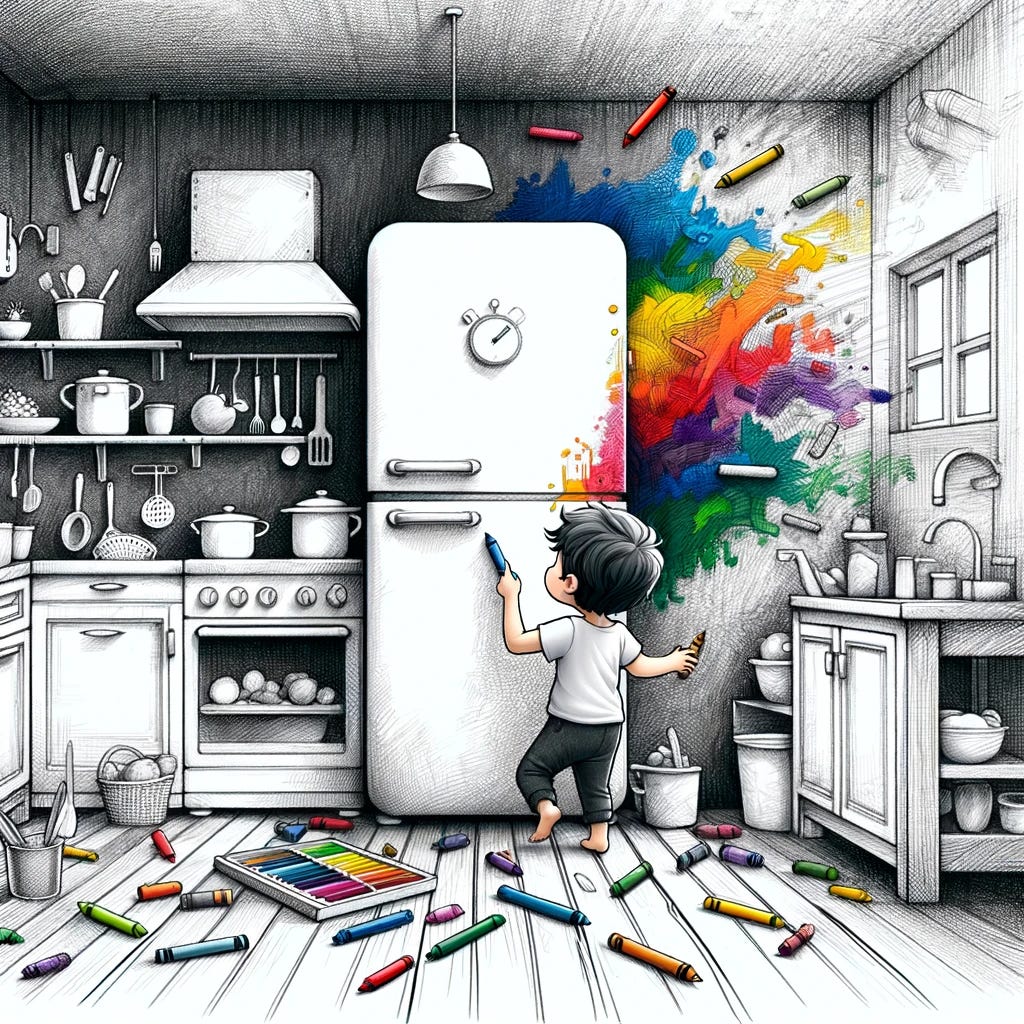Strength alone is not enough. We spoke about building strength to think clearly, but there’s thousands of opportunities to make bad decisions. If you rely on strength every single time, then you’re setting yourself up for eventual failure .
An easier, more reliable way to consistently fight the enemies of clear thinking, is to add safeguards. It’s like bowling with the bumpers up so you can’t fall in the gutter.
Prevention
“avoid decision-making in unfavorable conditions” (102)
Before you make any decision, check in with yourself. Ask yourself if there’s any reason your circumstances might lead you to make a poor decision. Am I hungry, late, stressed, lonely or tired? Alcoholics Anonymous uses this tactic. If the answer is yes to any of the above, solve that before moving forward. If you’re hungry, solve that before moving forward with a decision.
Automatic rules
“It turns out that rules can help us automate our behavior to put us in a position to achieve success and accomplish our goals.” (103)
We make habits based on what we've done before, not by thinking about what's best. But, we can change our habits by making rules for ourselves. For example, Daniel Kahneman, who won a Nobel Prize for his work on cognitive biases, has a rule that he won't say yes to anything when someone asks him over the phone. He does this because he usually says yes to please people, but then feels bad about it later. His rule helps him avoid saying yes to things he doesn't really want to do, without needing the mental strength and confidence to say no each time.
Friction
Make bad behaviors harder to do. Make good behaviors easier to do
Design your environment with your desired behavior in mind.
“Since behavior follows the path of least resistance, a surprisingly successful approach is to add friction where you find yourself doing things you don’t want to do.” (109)
This is like putting your phone in another room. To use your phone, you now have to stand up, walk to the door, open the door, go to your phone and pick it up. By introducing so many steps, you accomplish two things:
More opportunities to stop yourself
More work needed to get the dopamine hit
Guardrails
Creating an operating system. Make questions you ask yourself before you act depending on the circumstance.
“What am I trying to achieve? Is this moving me closer to that or further away?” (109)
Shane says he uses these questions with his kids, and I’ve started using them myself. Super helpful reminder. “Do you want to put water or gasoline on this situation? Is this behavior going to get you what you want?” Boom. Clear. Simple.
Shifting Perspectives
You can’t see everything from one place. There’s obstacles blocking your vision. The more viewpoints you have, the more you see. The same is true when looking at a problem.
Teamwork trick - When you’re talking with someone about a situation you're both involved in, tell them how you think they see the situation. Imagine you are in their shoes and explain their point of view. Then, ask them, "What did I miss?" Most people like to correct others, so they'll probably start explaining more. This is good for you for two reasons: one, you get to learn exactly how they see things, and two, they'll show you what is really important to them.
Find somewhere in your life you can implement a safeguard. Don’t feel pressure to use them all at once. Pick one or two that you like and try them. See how they feel and slowly add more where you find them useful. Stop relying on strength all the time. Position yourself in a way you don’t always need strength.
Brains Gains
What automatic rules could you implement in your own life? Where could you add friction to curb a bad habit?
It’s Tuesday. Let’s keep good momentum going all week.
Your Friend,
Noah “BigNerd” Sochaczevski
PS. Shane gives an example of adding friction on steroids to guarantee results. He found himself putting off annoying but important work by going through his email for hours in the morning. To add friction, he told his coworkers that if any of them found him on his email before 11am, he would buy them all lunch. He created a punishment for checking his email. In cases like that, the more meaningful the punishment, the less likely you are to break the rule (this is not financial or legal advice. I’m just a regular guy).


